
How to get URL link on X (Twitter) App

https://twitter.com/franceskalbs/status/2020983308818186721
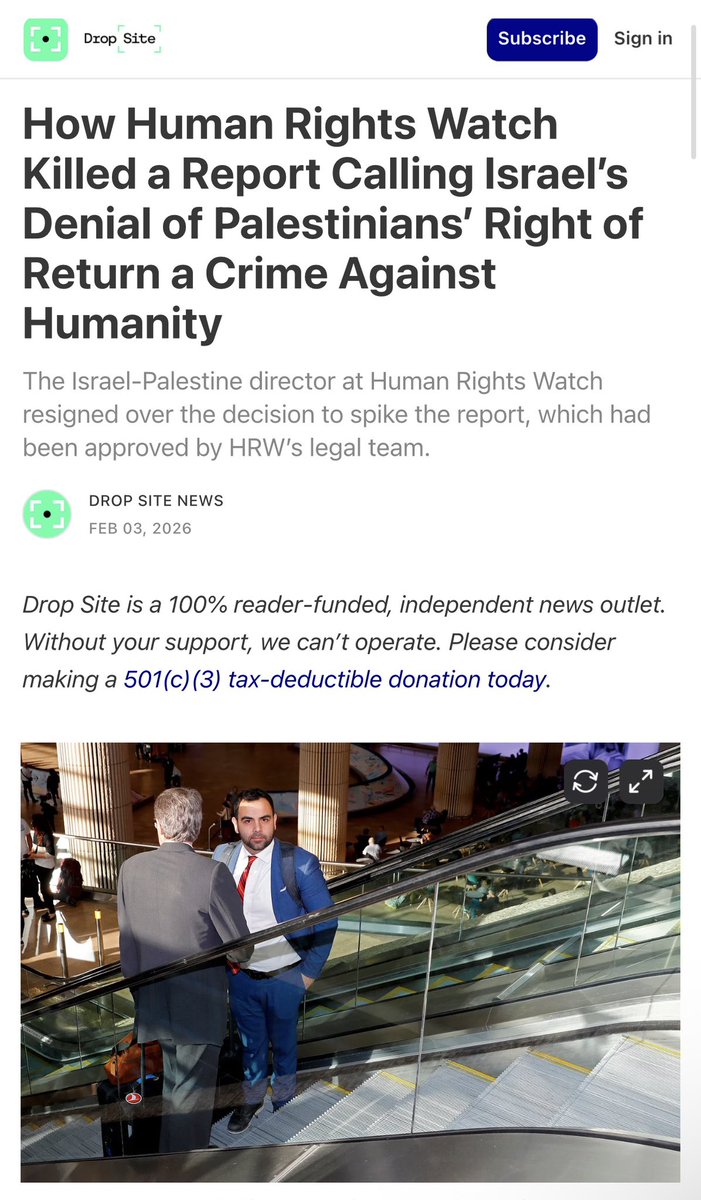
 2/
2/https://twitter.com/MustafaBarghou1/status/2018647378664857882
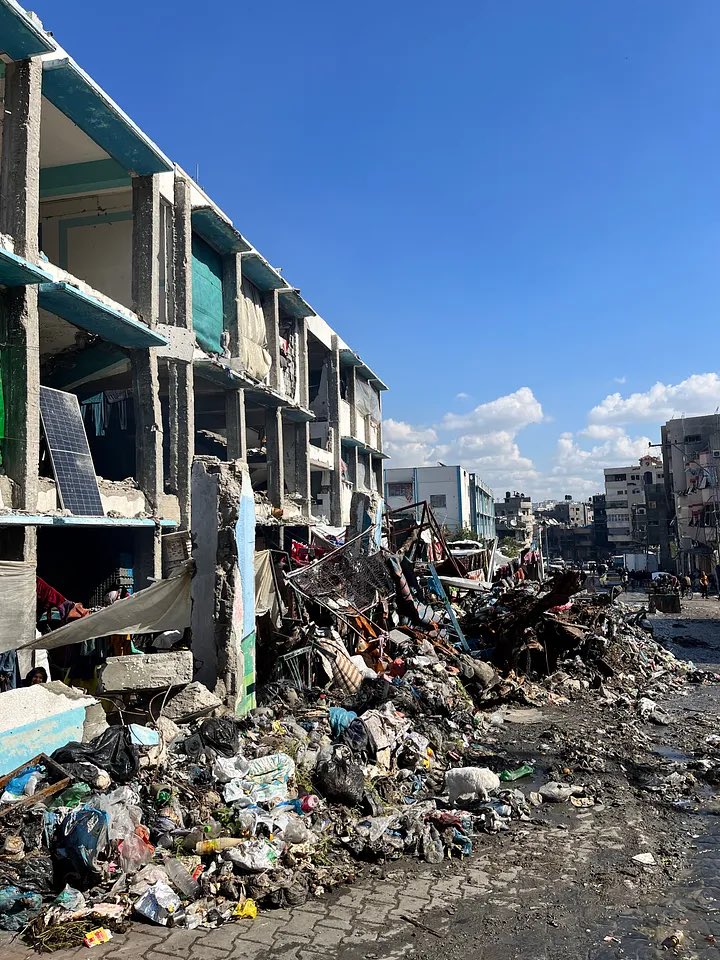
 📸 Photo 2: The same partially destroyed school in Jabaliya. January 31, 2024.
📸 Photo 2: The same partially destroyed school in Jabaliya. January 31, 2024. 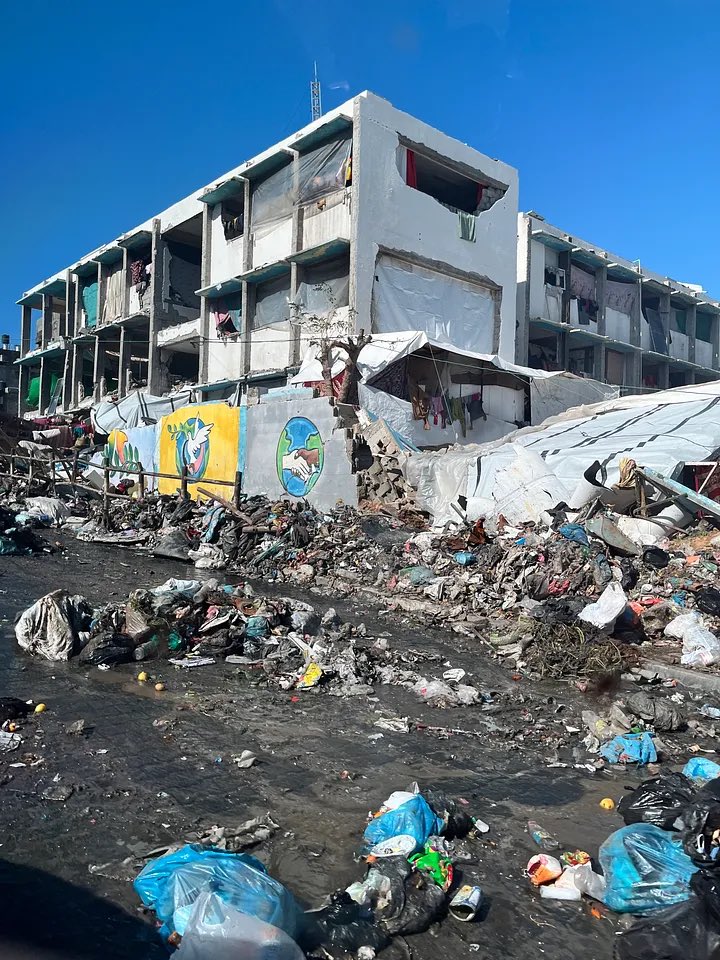
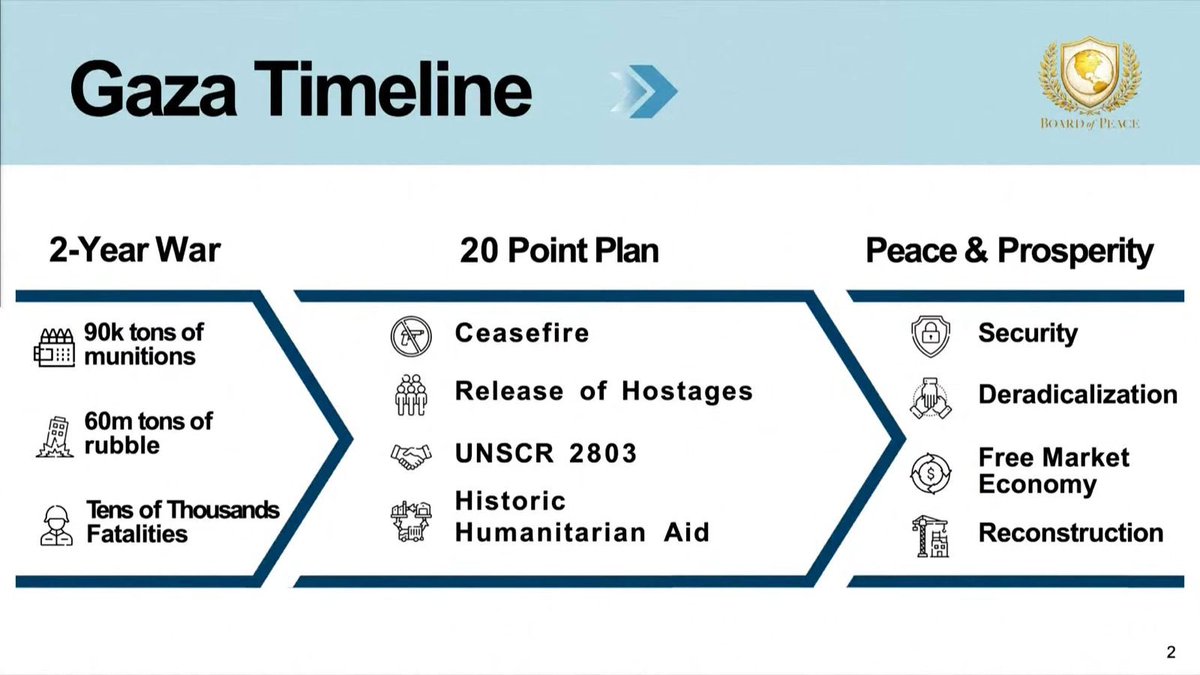


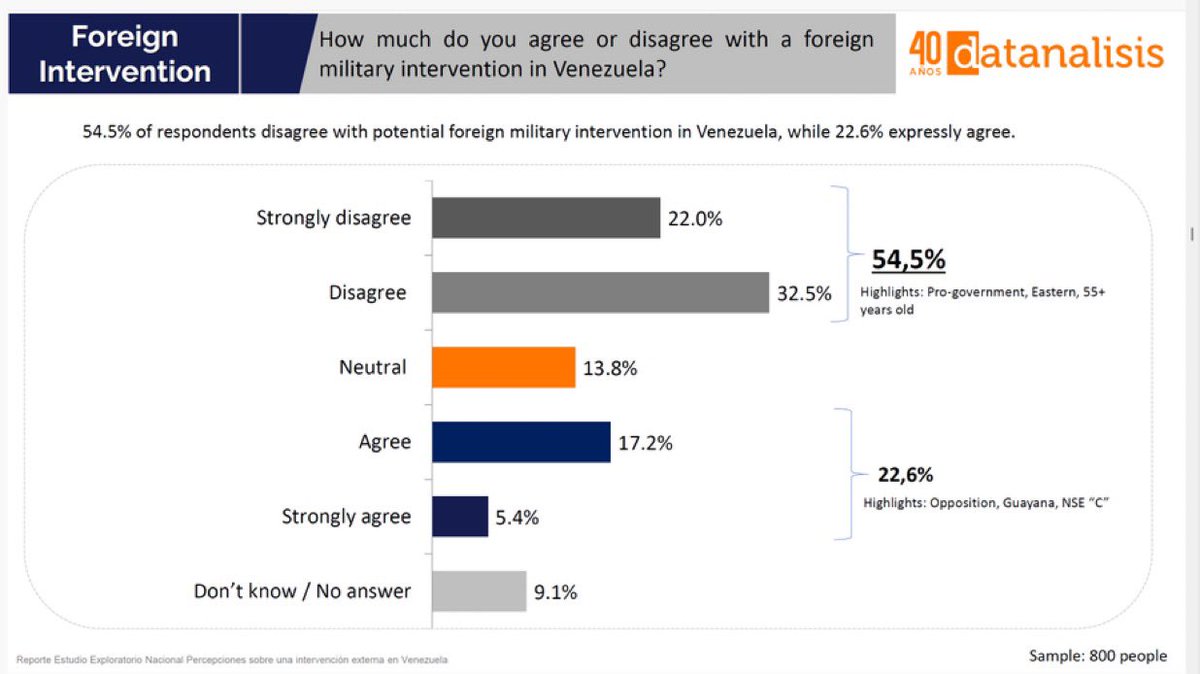
 2. AtlasIntel Intel Poll, October 22-28, 2025, published by Bloomberg
2. AtlasIntel Intel Poll, October 22-28, 2025, published by Bloomberg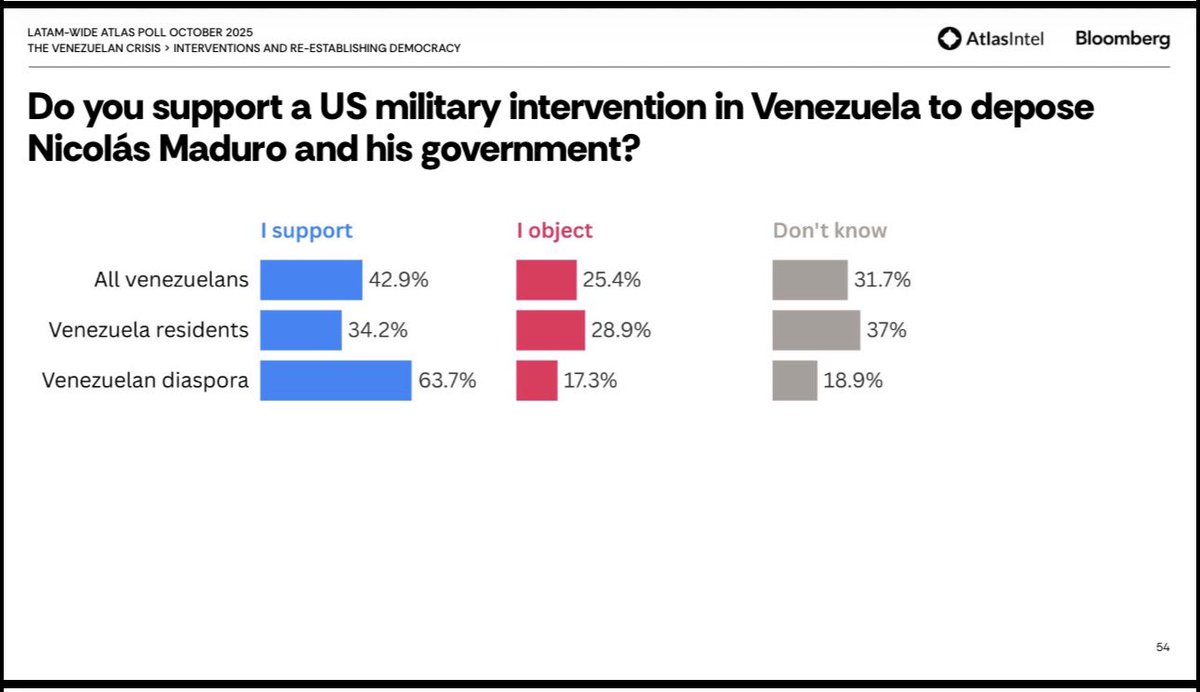
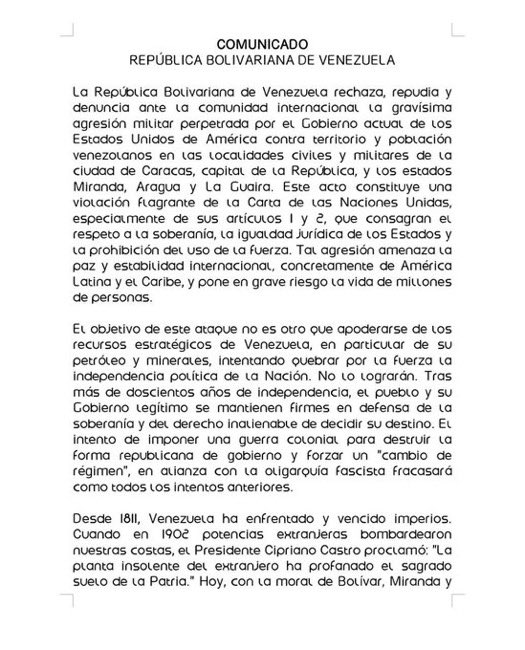
https://twitter.com/falasteen47/status/2007336555397222542
https://x.com/DropSiteNews/status/2007335336331133260
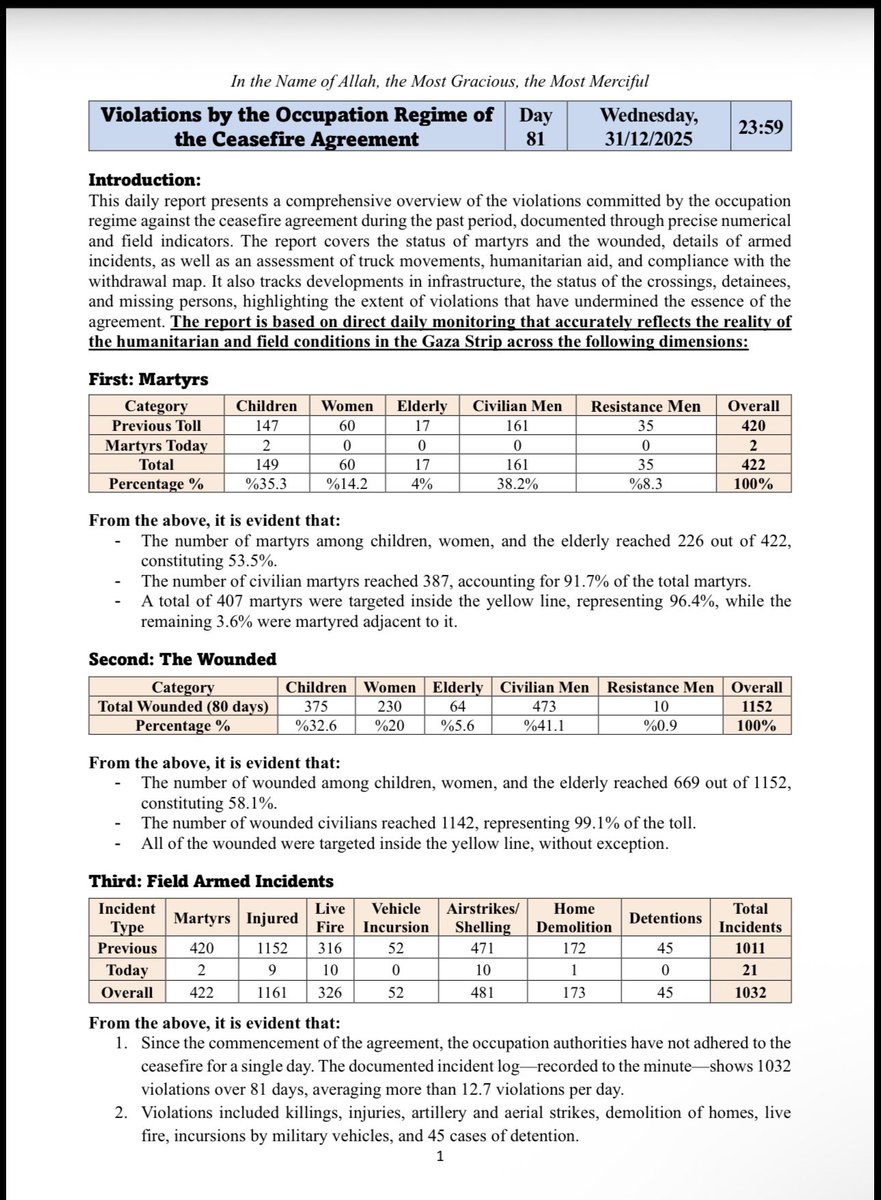
 1️⃣ Killings under the ceasefire
1️⃣ Killings under the ceasefire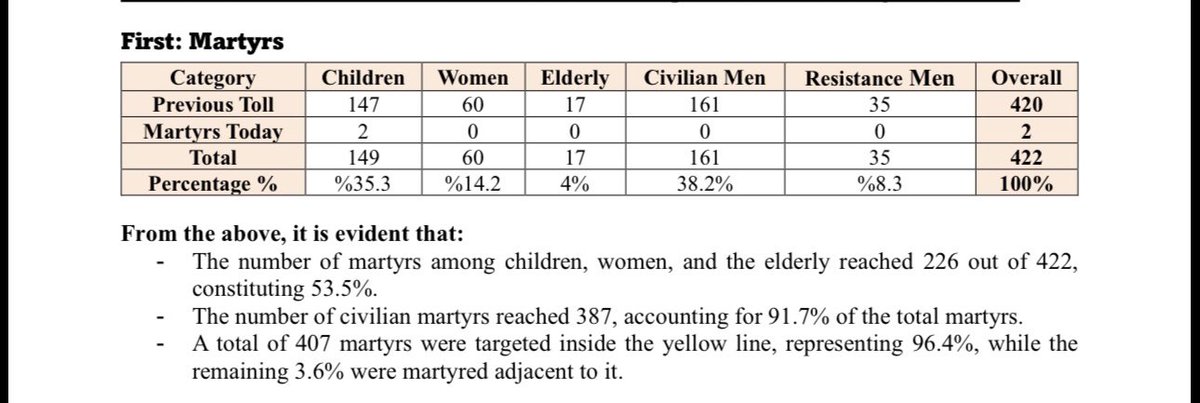
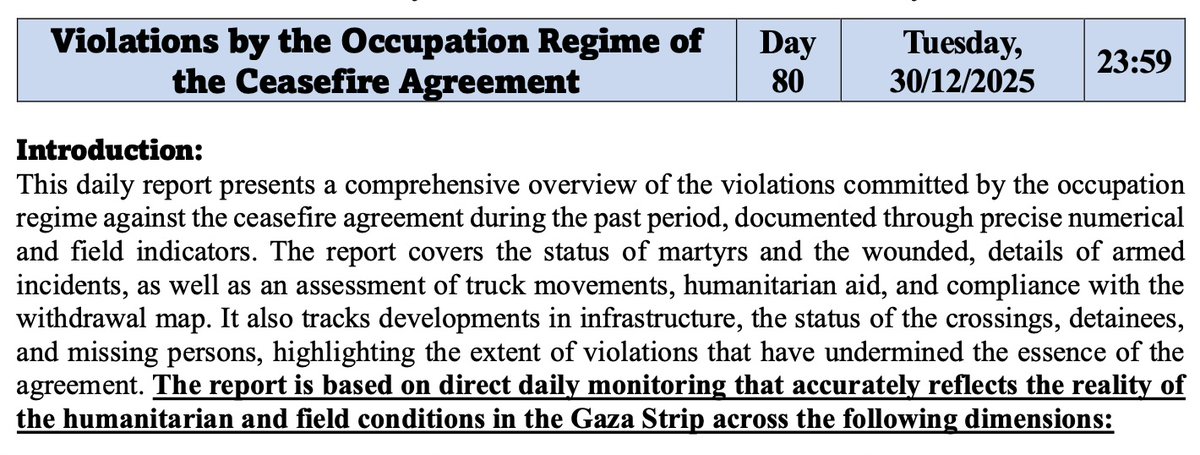
 2) Killings since the ceasefire began
2) Killings since the ceasefire began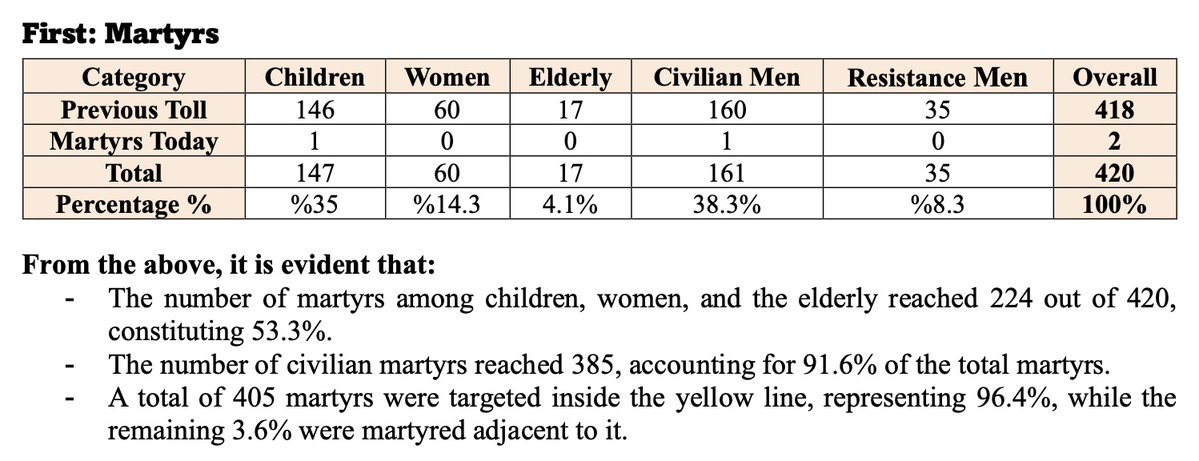


 Here’s the full section:
Here’s the full section: 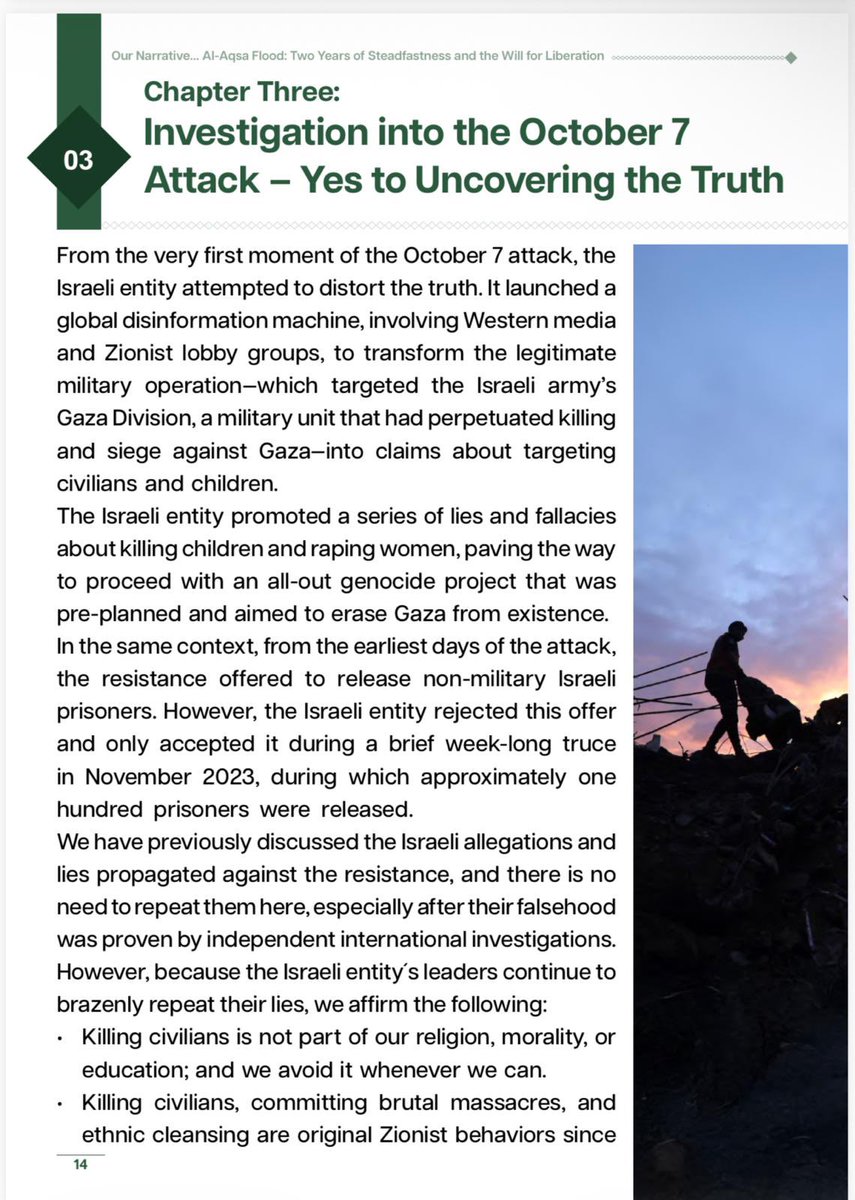

https://twitter.com/dropsitenews/status/2003245584841605589➤ Ongoing attacks despite ceasefire:
https://x.com/DropSiteNews/status/1996853206823874924
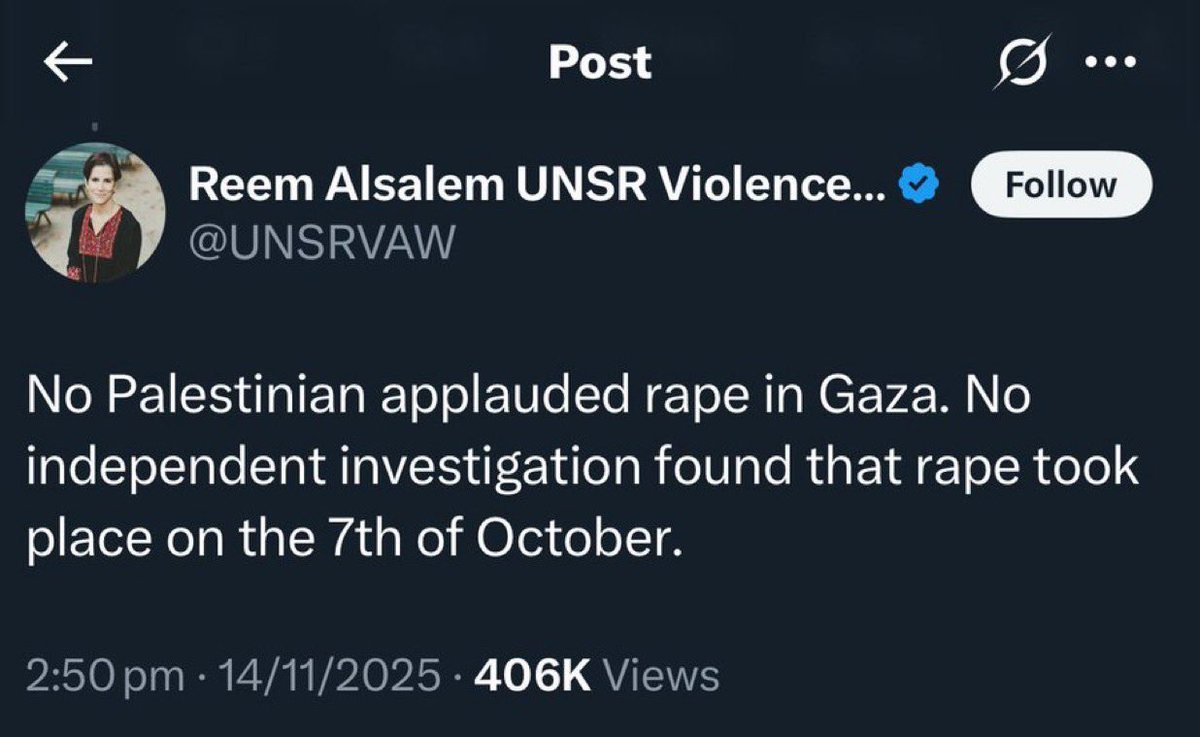

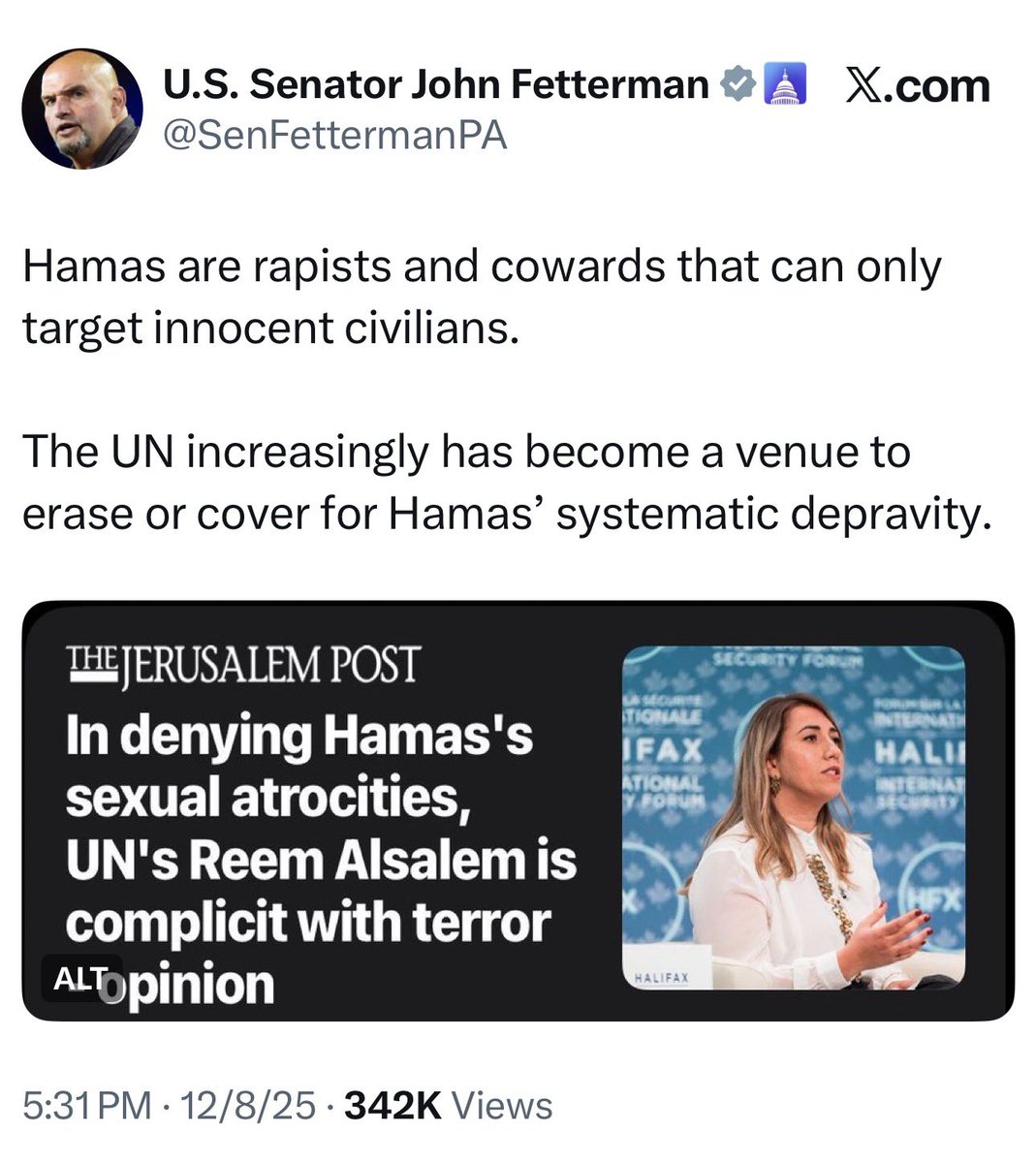
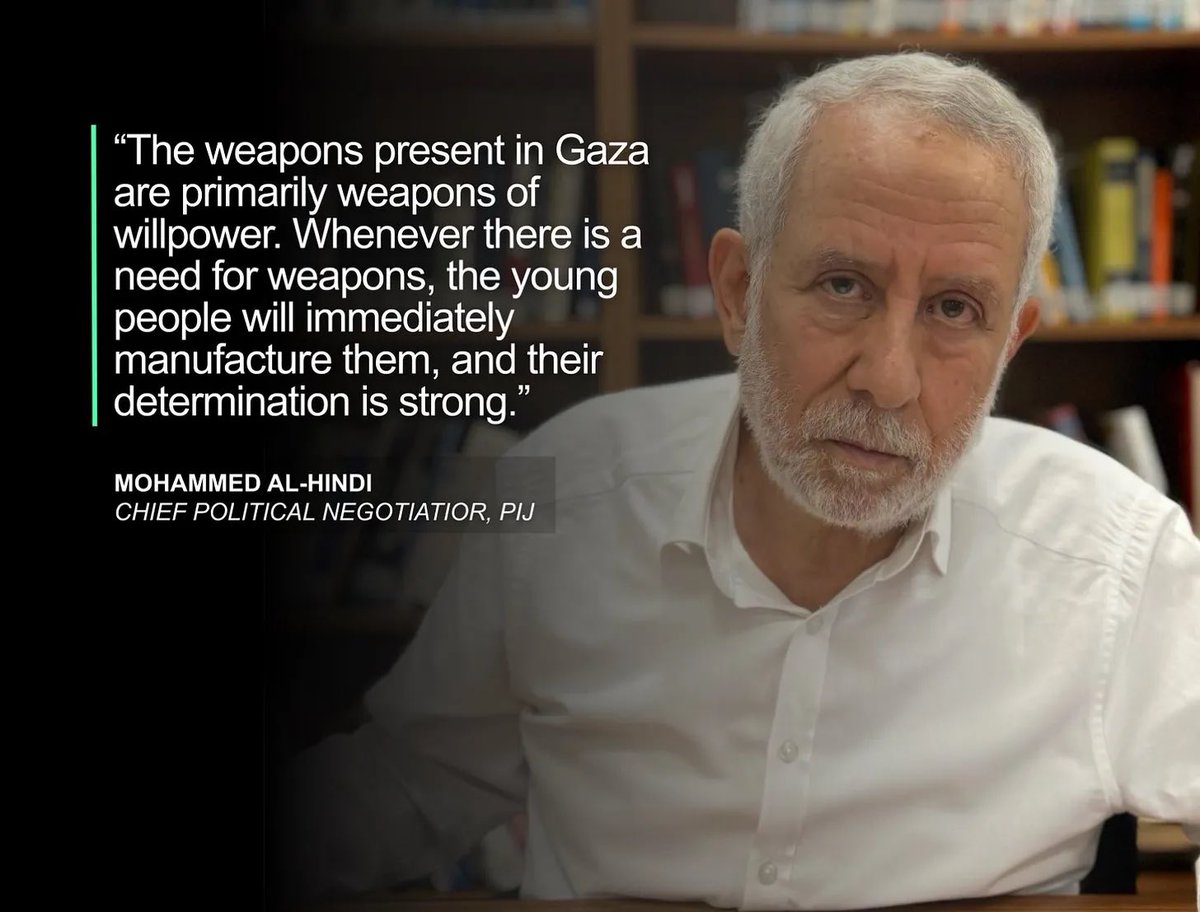
 1/ At a Nov. 6 Miami business conference, Trump adviser Steve Witkoff told investors the U.S. is “in the middle of standing up a decommissioning process” for Gaza’s weapons – a “demilitarization and amnesty program.”
1/ At a Nov. 6 Miami business conference, Trump adviser Steve Witkoff told investors the U.S. is “in the middle of standing up a decommissioning process” for Gaza’s weapons – a “demilitarization and amnesty program.” 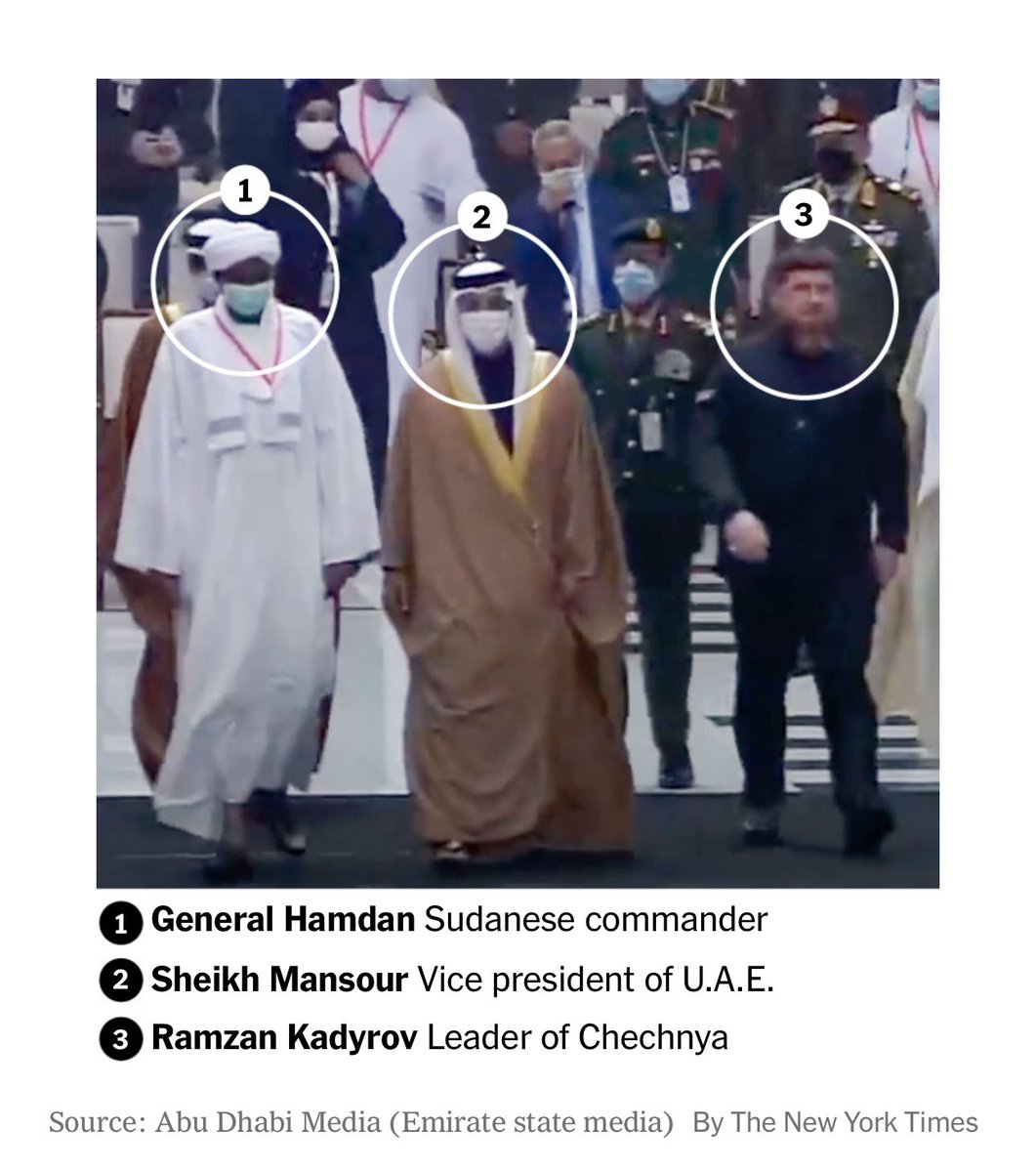
 ⭕️ *The UAE is Trump’s biggest foreign revenue source*
⭕️ *The UAE is Trump’s biggest foreign revenue source*

https://x.com/DropSiteNews/status/1989314980202639475The poll was conducted face-to-face from October 22–25, 2025, with a representative sample of 1,200 Palestinians: 760 in the West Bank and 440 in the Gaza Strip.




 Senior Hamas official Mousa Abu Marzouk said last week that Security Council members he had spoken with indicated they would not support the U.S. draft in its current form. Abu Marzouk said he was confident the resolution would not pass as written.
Senior Hamas official Mousa Abu Marzouk said last week that Security Council members he had spoken with indicated they would not support the U.S. draft in its current form. Abu Marzouk said he was confident the resolution would not pass as written. https://twitter.com/dropsitenews/status/1985836800854630872
https://twitter.com/dcipalestine/status/1988985036306100624

 PCHR also documented the case of A.A., a 35-year-old father from Gaza City, who was arrested while at Al-Shifa Hospital in March 2024. He told investigators he was subjected to severe torture over 19 months in Israeli custody — including forced stripping, threats of rape against him and his family, and ultimately rape by a trained dog at the Sde Teiman military camp. He stated:
PCHR also documented the case of A.A., a 35-year-old father from Gaza City, who was arrested while at Al-Shifa Hospital in March 2024. He told investigators he was subjected to severe torture over 19 months in Israeli custody — including forced stripping, threats of rape against him and his family, and ultimately rape by a trained dog at the Sde Teiman military camp. He stated:
 2. Injuries: 622 citizens were injured from shelling and gunfire, with 99% of them being civilians, including 221 children, 137 women, and 33 elderly individuals. In total, 63% of the injured were children, women, and the elderly, confirming the retaliatory and systematic nature of the occupation’s crimes.
2. Injuries: 622 citizens were injured from shelling and gunfire, with 99% of them being civilians, including 221 children, 137 women, and 33 elderly individuals. In total, 63% of the injured were children, women, and the elderly, confirming the retaliatory and systematic nature of the occupation’s crimes.